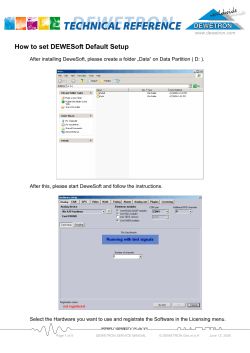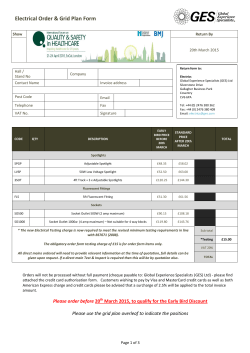
lørdag 23. august kl. 16 - 18
Extending over time: General extenders in Danish Tanya Karoli Christensen, Torben Juel Jensen & Marie Herget Christensen (LANCHART, University of Copenhagen) Studies of general extenders (GEs), such as Eng. and stuff like that, or something, typically find that it is a feature of youth speech, sometimes correlated with sex and class (e.g. Dubois 1992, Stubbe and Holmes 1995, Cheshire 2007, Tagliamonte and Denis 2010, Pichler and Levey 2011), but only few have a design enabling them to distinguish unequivocally between age grading and communal change. In this paper, we present the results of a large-scale study of GEs in Danish, based on Copenhagen data from the LANCHART corpus, encompassing speech from three age cohorts, of which two have been recorded twice (in the 1980s and again in the 2000s). This allows us to study language change in three ways: in apparent time and in real time as both panel and trend studies. The study is based on a 1,3 M word corpus of spoken Danish, comprising 125 recordings with 84 Copenhagen speakers, born 1942-1996. All GEs occurring in the data are coded for a number of linguistic and contextual variables based on findings of previous studies, e.g. category and number of other referents in the extended phrase, presence of right-peripheral discourse markers, position of GE in the clause, and co-speakers’ treatment of the utterance with respect to conversational turn taking. This coding allows us to follow grammaticalization processes of the different GE types based on distributional and mixed models analyses. A marked difference between Danish and English is the fact that very few variants are headed by a generic noun, such as Eng. thing or stuff (cf. Hansen and Heltoft 2011 who argue that Danish NPs are headed by the determiner, not the noun) as witnessed by the fact that the most widespread GE type we find is og sådan noget ‘and such something’. We find a wide variety of GE types in the data including pronoun headed phrases, e.g. og (alt) det der ‘and (all) that there’, and clausal variants, e.g. og jeg ved ikke hvad ‘and I don’t know what’. The results indicate that Danish GEs in general are already grammaticalized to a large extent. Regarding social factors, our data support the general finding that GEs are more frequent in youth speech. Adolescents have the highest relative frequency of GEs, and speakers tend to decrease their GE use during their life span, whilst participating in community changes regarding the use of the different GE types. Furthermore, the results suggest that variants with sådan noget, though prevalent across the board, may be stigmatized, since they are produced mainly by young WC males, and exhibit an overall drop in frequency over time. In our paper, we will use GEs in Danish as a case study for evaluating prevailing assumptions about the relationship between lifespan and community-wide change, as well as between the results obtained in apparent and real time studies (Sankoff 2005, Sankoff 2006, Sankoff 2013). Cheshire, J. (2007). "Discourse variation, grammaticalisation and stuff like that." Journal of Sociolinguistics 11(2): 155-193. Dubois, S. (1992). "Extension particles, etc." Language Variation and Change 4: 179-203. Hansen, E. and L. Heltoft (2011). Grammatik over det Danske Sprog. København, Det Danske Sprogog Litteraturselskab. Pichler, H. and S. Levey (2011). "In search of grammaticalization in synchronic dialect data: general extenders in northeast England." English Language and Linguistics 15(3). Sankoff, G. (2005). Cross-Sectional and Longitudinal Studies. Sociolinguistics: An International Handbook of the Science of Language and Society. U. Ammon, N. Dittmar, K. J. Mattheier and P. Trudgill. Berlin, Walter de Gruyter. 2: 1003-1013. Sankoff, G. (2006). Age: Apparent time and real time. Encyclopedia of Language and Linguistics. K. Brown. Oxford, Elsevier: 110-116. Sankoff, G. (2013). Longitudinal studies. The Oxford handbook of sociolinguistics. R. Bayley, R. Cameron and C. Lucas. Oxford, Oxford University Press: 261-279. Stubbe, M. and J. Holmes (1995). "You know, eh and other ‘exasperating expressions’: An analysis of social and stylistic variation in the use of pragmatic devices in a sample of New Zealand English." Language & Communication 15(1): 63-88. Tagliamonte, S. A. and D. Denis (2010). "The stuff of change: General extenders in Toronto, Canada." Journal of English Linguistics 38(2).
© Copyright 2025









